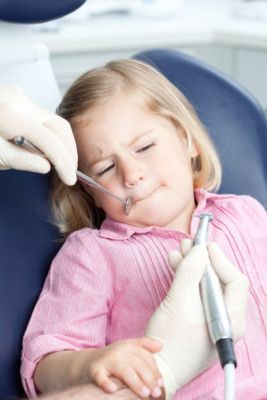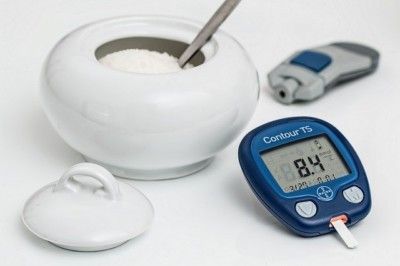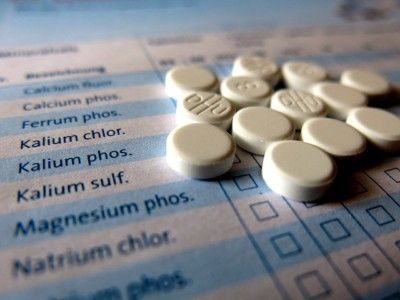Dental phobia: not going to the dentist out of fear
A slightly queasy feeling when dental treatment is imminent? Almost everyone knows this. However, about five percent of the German population is affected by dental treatment phobia. Their fear of going to the dentist is so great that they avoid it for years – even if they have a toothache.
The dilemma: Due to the avoidance strategy, the health of teeth and mouth can deteriorate so much that often a major treatment becomes necessary. If inflammation is involved, the painful areas often cannot be sufficiently anesthetized. The patient feels confirmed in his fear of visiting the dentist.
Conversely, regular visits to the dentist, along with a healthy diet and careful oral hygiene, contribute to good oral health. Studies show that women are more often affected by dental phobia than men.
When social withdrawal occurs
Untreated damage to the teeth and inflamed gums can severely limit the quality of life. Many dental phobics are ashamed of their unkempt teeth or bad breath. They often withdraw socially.
In addition, with persistent inflammation and disease, bacteria from the oral cavity can also enter the entire body via the bloodstream. This can increase the risk of cardiovascular disease and worsen diabetes.
Possible reasons for dental phobia
But where does the phobia of visiting the dentist come from?? Often it is already established in childhood. The role model function of parents plays a central role here. If the parents go to the dentist without a care in the world, this also gives the child the confidence to visit the dentist without fear. If, on the other hand, the parents show fear, this will be transmitted to their children.
Other negative experiences in childhood or adulthood, such as z.B. A painful treatment due to premature wearing off of anesthesia, can lay the foundation for a dental phobia. The memory of the sight of the syringe, the sound of the drill or the particular smell in the dentist’s office can already cause the feeling of fear.
It is not uncommon for dental anxiety to be associated with general anxiety or other phobias. However: not every patient reacts after bad experiences by developing a phobia. Some patients are more susceptible than others. The hereditary substance (DNA) also seems to play a role here.









